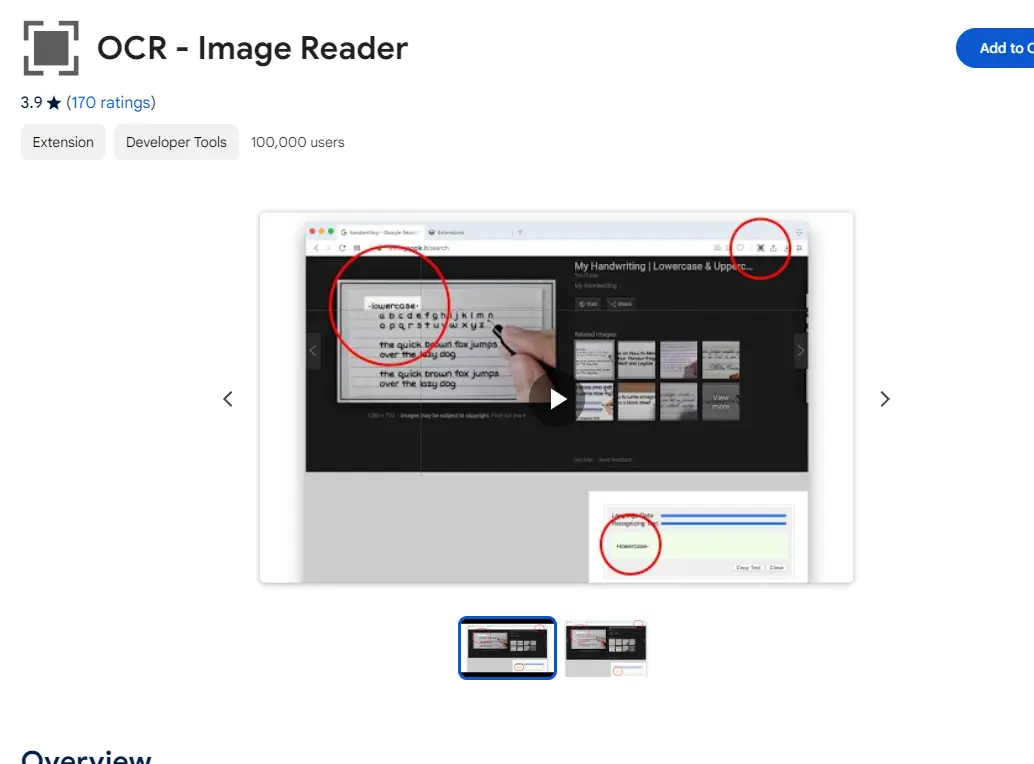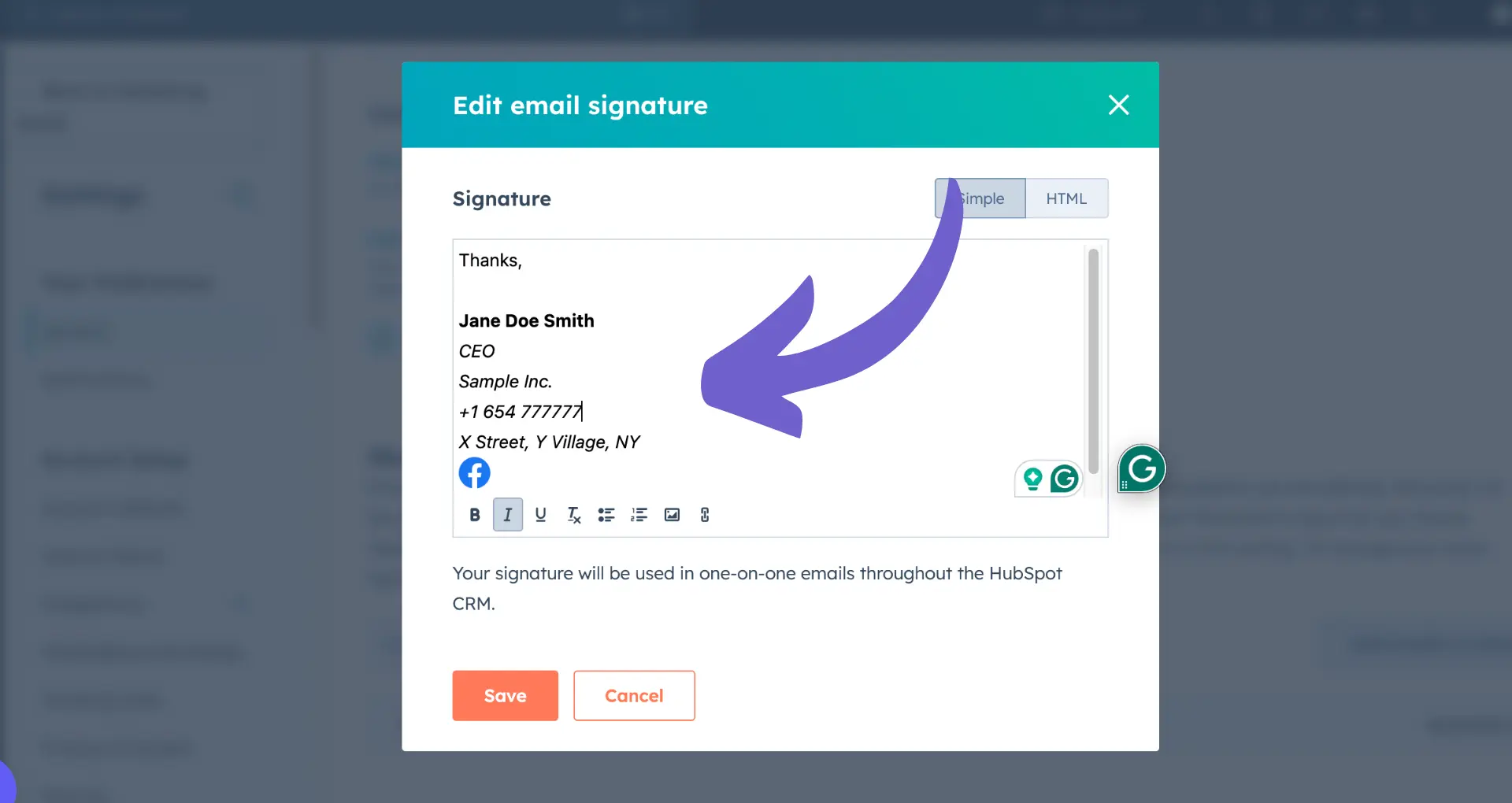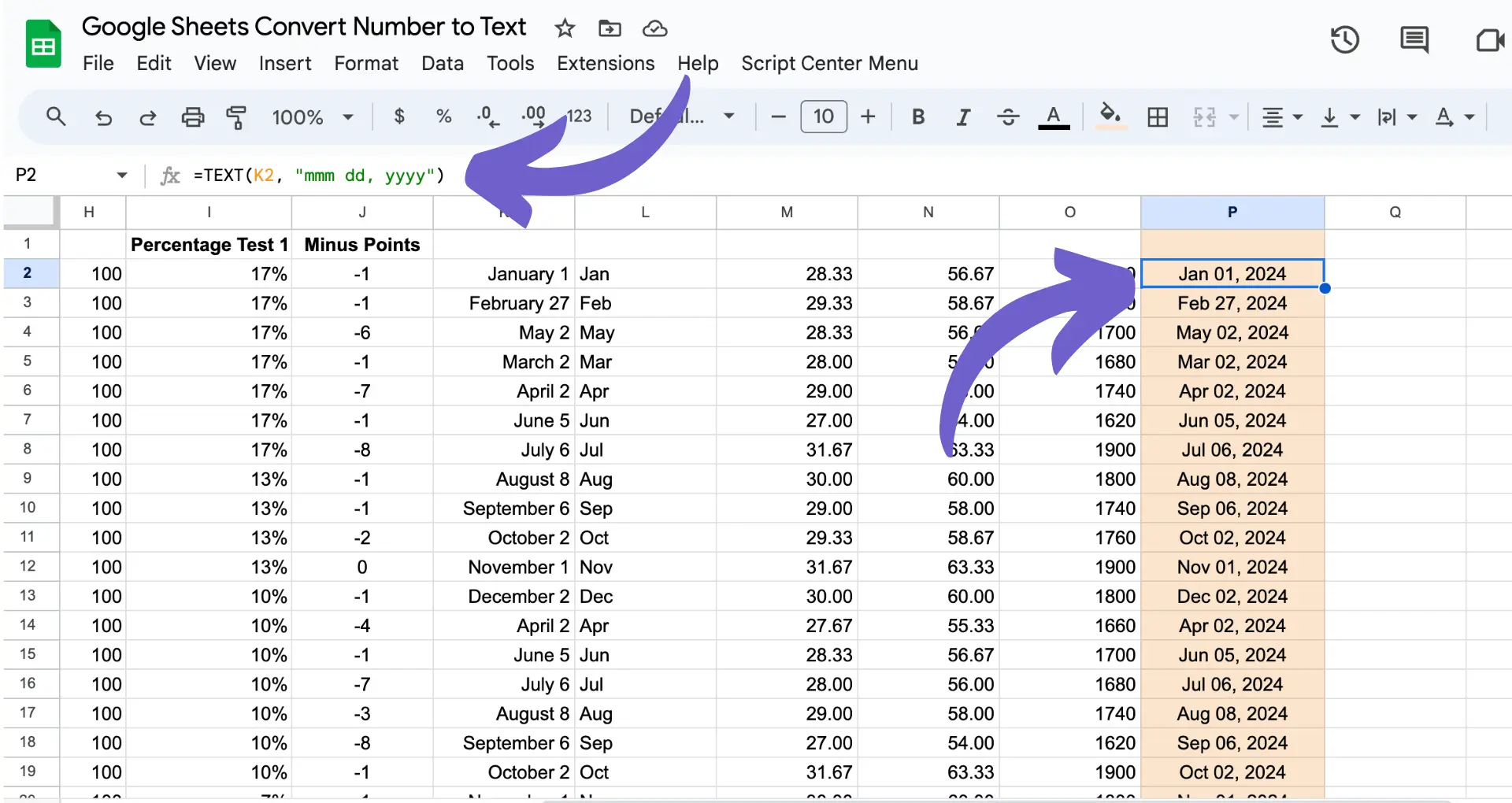





In today's competitive business landscape, generating high-quality sales leads is crucial for growth. But did you know that AI can revolutionize your lead generation efforts? By leveraging AI-powered tools and strategies, you can identify, engage, and convert more leads in less time. In fact, companies using AI for sales have seen up to a 50% increase in leads and appointments. Ready to level up your sales game? This complete guide will walk you through 10 proven ways to use AI for sales lead generation, from chatbots to predictive scoring. Get ready to skyrocket your sales pipeline!
AI is transforming lead generation, enabling businesses to identify high-quality prospects and engage them more efficiently than ever before. Here are 10 ways to leverage AI to supercharge your lead gen:
AI algorithms can analyze vast amounts of data to score and prioritize leads based on their likelihood to convert. This allows sales teams to focus their efforts on the most promising opportunities.
AI-powered chatbots can interact with leads around the clock, answering questions, providing information, and even qualifying prospects. Chatbots enable a level of responsiveness and engagement that would be impossible with human reps alone.
AI can create highly targeted, personalized marketing content like emails, ads, and landing pages. By tailoring messaging to each lead's specific interests and pain points, you can dramatically increase engagement and conversion rates.
Predictive analytics powered by AI can forecast which leads are most likely to convert based on behavioral and demographic data. This intelligence allows you to optimize resource allocation and maximize sales productivity.
By using AI for sales prospecting, you can attract more qualified leads, connect with them more effectively, and ultimately win more deals. Implement these AI-powered tactics to revolutionize your lead gen efforts and drive explosive business growth.
To effectively use AI for sales lead generation, defining your ideal customer profile (ICP) is crucial. An ICP identifies the characteristics, needs, and behaviors of your target audience, guiding product development, marketing, and sales strategies. AI can analyze vast amounts of customer data to uncover key insights and build accurate ICPs faster than traditional methods.
An ideal customer profile is a detailed description of the perfect customer for your product or service. It includes demographic, firmographic, and behavioral attributes that make someone likely to buy from you and become a loyal customer. Having a clear ICP helps align your entire organization around attracting and serving the right audience.
AI algorithms can process massive volumes of customer data from multiple sources, such as CRM systems, website analytics, and social media, to identify patterns and commonalities among your best customers. This enables you to build data-driven ICPs without manual analysis. AI tools like Gong.io and IBM Watson streamline the process of turning raw data into actionable insights.
AI techniques like cluster analysis group customers with similar attributes together, revealing distinct segments within your audience.Lookalike modeling then finds new prospects that closely resemble your top customers, expanding your target market. Tools like Salesforce Einstein and Zoho Analytics make it easy to apply these advanced techniques to your customer data.
AI can surface critical attributes that define your ideal customers, such as company size, industry, technology stack, purchasing behavior, and engagement patterns. For example, an AI-powered ICP might reveal that your best customers are mid-sized B2B SaaS companies that use Salesforce and have a high website engagement score. These insights help you laser-focus your sales and marketing efforts.
By leveraging AI to build robust ideal customer profiles, you can target the right leads, tailor your messaging, and ultimatelyclose more deals with AI sales automation. In the next section, we'll explore how AI-powered lead scoring and prioritization helps you focus on the most promising opportunities.
Save time on sales tasks by using Bardeen toautomate sales prospecting and focus on high-potential leads with ease.
AI-powered lead scoring revolutionizes sales efficiency by accurately predicting which leads are most likely to convert. By analyzing vast amounts of demographic, firmographic, and behavioral data, AI algorithms assign scores to each lead, enabling sales teams to focus their efforts on the highest-potential prospects. Real-time scoring and prioritization continuously optimize sales strategies as new data becomes available.
Lead scoring is a critical process that ranks leads based on their likelihood to convert into customers. By assigning numerical values to each lead, sales teams can quickly identify which prospects are worth pursuing and allocate their resources accordingly. Effective lead scoring improves sales efficiency, reduces time wasted on low-quality leads, and ultimately drives higher conversion rates.
For example, consider a SaaS company that receives hundreds of leads per day. Without lead scoring, sales reps would have to manually review each lead, resulting in wasted time and missed opportunities. By implementing a lead scoring system, the company can automatically prioritize leads based on factors like company size, industry, and website engagement, ensuring that sales reps focus on the most promising prospects.
AI algorithms excel at analyzing vast amounts of data to identify patterns and predict outcomes. When applied to lead scoring, AI models consider a wide range of data points, including demographic information (e.g., job title, company size), firmographic details (e.g., industry, revenue), and behavioral data (e.g., website visits, email opens) to calculate lead scores.
By leveraging machine learning, AI-powered lead scoring systems continuously improve their accuracy over time. As more data is collected and analyzed, the algorithms become better at identifying the characteristics of high-converting leads, refining the scoring model for even greater precision.
Two common AI techniques used for lead scoring are logistic regression and decision trees. Logistic regression predicts the probability of a lead converting based on multiple input variables, such as age, location, and past purchases. It helps identify which factors have the greatest impact on conversion likelihood.
Decision trees, on the other hand, create a flowchart-like structure that splits leads into smaller groups based on specific criteria. Each branch represents a decision point, and the final leaf nodes indicate the predicted outcome (e.g., high, medium, or low lead score). Decision trees provide a clear, interpretable model for understanding how different factors contribute to lead quality.
One of the key advantages of AI-powered lead scoring is its ability to adapt in real-time. As new leads come in and existing leads engage with your brand, the AI model continuously updates lead scores based on the latest data. This real-time prioritization ensures that sales teams are always focused on the most promising opportunities.
For instance, if a previously low-scoring lead suddenly engages with multiple pieces of content on your website, the AI model will quickly adjust their score to reflect their increased interest. Sales reps can then prioritize this lead for immediate follow-up, capitalizing on their heightened engagement.
AI-powered lead scoring enables sales teams to work smarter, not harder, by focusing their efforts on the leads most likely to convert. By leveraging advanced algorithms and real-time data, businesses can maximize their sales efficiency and drive better results.
Coming up, we'll explore how AI chatbots can automate enrichment and qualification process, providing 24/7 support and personalized interactions.
AI chatbots are revolutionizing lead generation by providing round-the-clock engagement and qualification on your website and other channels. These intelligent conversational agents can interact with prospects, answer their questions, and guide them through the sales funnel, even when your human reps are off the clock. By leveraging natural language processing (NLP) and machine learning, chatbots can understand and respond to leads in a natural, human-like manner, creating a seamless and personalized experience that drives conversions.
One of the most significant advantages of using AI chatbots for lead generation is their ability to engage prospects 24/7. Unlike human sales reps who are limited by working hours and time zones, chatbots are always available to answer questions, provide information, and guide leads through the sales process. This constant availability ensures that no potential customer slips through the cracks due to delayed responses or unavailability.
For example, imagine a SaaS company that offers project management software. By deploying an AI chatbot on their website, they can provide instant answers to common questions about features, pricing, and integrations, regardless of the time of day or night. This 24/7 engagement keeps prospects interested and moving forward in the sales funnel, even when the sales team is offline.
AI chatbots excel at qualifying leads by asking targeted questions and gathering relevant information. By engaging in conversational exchanges, chatbots can uncover a lead's needs, pain points, and buying intentions. This data helps determine whether a prospect is a good fit for your product or service and enables the chatbot to route them to the most appropriate sales rep for follow-up.
For instance, a financial services company can use a chatbot to pre-qualify leads by asking about their investment goals, risk tolerance, and current financial situation. Based on the responses, the chatbot can direct high-value leads to a senior financial advisor, while routing less complex inquiries to a junior representative.
Natural Language Processing (NLP) is the driving force behind AI chatbots' ability to understand and respond to human language. NLP algorithms enable chatbots to interpret the intent behind a user's message, even if it's phrased in different ways or contains typos or colloquialisms. By understanding the context and meaning of a conversation, chatbots can provide accurate and relevant responses, creating a more natural and engaging interaction.
Advanced NLP techniques, such as sentiment analysis, can also help chatbots detect a lead's emotional state and tailor their responses accordingly. For example, if a prospect expresses frustration or confusion, the chatbot can adapt its language to be more empathetic and offer additional support or clarification.
To maximize the lead generation potential of AI chatbots, it's crucial to design conversations that effectively guide prospects through the sales funnel. Best practices include:
By designing chatbot conversations with these best practices in mind, you can create engaging and effective lead generation experiences that drive conversions and revenue.
AI-powered chatbots are transforming the way businesses approach lead generation, providing 24/7 engagement, intelligent qualification, and personalized conversations at scale. By leveraging the power of NLP and machine learning, chatbots can become your tireless lead generation machines, driving more qualified prospects into your sales pipeline.
Bardeen can also automate repetitive tasks for your sales team, enhancing overall efficiency. Learn how to automate sales prospecting using AI.
Whew, that was a lot of information! Thanks for sticking with us this far - we promise it'll be worth it when you see those leads rolling in. Next up, we'll dive into the fascinating world of AI-driven content creation for lead generation. Stay tuned!
Mastering AI for sales lead generation is crucial for staying competitive and driving revenue growth in today's digital landscape.
In this comprehensive guide, you discovered:
Don't let your competitors outpace you in the race for AI-driven sales success. Implement these strategies now, or risk falling behind!










SOC 2 Type II, GDPR and CASA Tier 2 and 3 certified — so you can automate with confidence at any scale.
Bardeen is an automation and workflow platform designed to help GTM teams eliminate manual tasks and streamline processes. It connects and integrates with your favorite tools, enabling you to automate repetitive workflows, manage data across systems, and enhance collaboration.
Bardeen acts as a bridge to enhance and automate workflows. It can reduce your reliance on tools focused on data entry and CRM updating, lead generation and outreach, reporting and analytics, and communication and follow-ups.
Bardeen is ideal for GTM teams across various roles including Sales (SDRs, AEs), Customer Success (CSMs), Revenue Operations, Sales Engineering, and Sales Leadership.
Bardeen integrates broadly with CRMs, communication platforms, lead generation tools, project and task management tools, and customer success tools. These integrations connect workflows and ensure data flows smoothly across systems.
Bardeen supports a wide variety of use cases across different teams, such as:
Sales: Automating lead discovery, enrichment and outreach sequences. Tracking account activity and nurturing target accounts.
Customer Success: Preparing for customer meetings, analyzing engagement metrics, and managing renewals.
Revenue Operations: Monitoring lead status, ensuring data accuracy, and generating detailed activity summaries.
Sales Leadership: Creating competitive analysis reports, monitoring pipeline health, and generating daily/weekly team performance summaries.